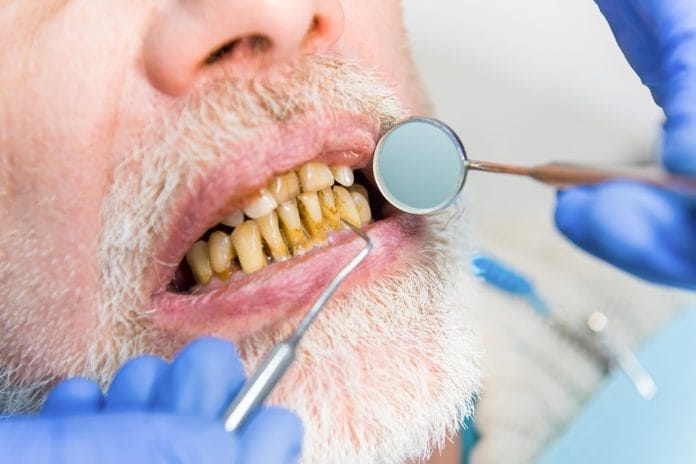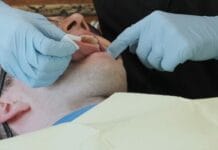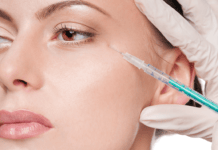According to the Institute on Aging, by 2030 as the last Baby Boomers turn 65, older adults are expected to reach 20% of the population.1 In 1900, only 100,000 Americans lived to be 85 plus years; by 2010, that number had grown to 5.5 million. This is the fastest growing age group of elders.1
The irony of aging and oral health is that an increasing number of adults are keeping their teeth longer, many until the end of their life. The sad part of this is that 87% of residents living in skilled nursing facilities do not receive even basic oral care such as brushing. Many nursing home residents are admitted with some or all their dentition, but they lack the resources to continue professional preventive dental care. Medicaid does not pay for adult preventive dental care in most states, so few dental providers are willing to get involved.
In addition, finding accessible dental clinics have proven to be challenging. Many dental offices do not have accessible wheelchair ramps to even get an elderly patient in a wheelchair into the dental office. Even if the resident could get into the dental office, they would have another hurdle getting the resident into the dental chair.2 The process of transfer is arduous because of chair design, as well as a lack of training for staff on how to transfer these patients safely.
Most patients will have to bring a family member with them to the appointment to help them get transferred into the dental chair from the wheelchair. Even with the help of a family member, many residents are reluctant from fear of falling and do not want to get moved from their wheelchair.2
Most of the oral care for residents in nursing homes falls on the certified nursing assistant (CNA) who may not be properly trained on how to provide oral care. Many CNAs fail to provide oral care due to resistant behavior from the resident.
The oral health status of long-term care (LTC) residents have been described as “deplorable” by the US Surgeon General.3 This is a serious matter because of the relationship between aspiration pneumonia and poor oral care. Pneumonia is the most common cause of infectious death among nursing facility residents. Uncontrolled oral bacteria can lead to pneumonia, diabetes, strokes, and heart attacks; it has even been linked to Alzheimer’s disease. Frequently, cognitive impairment intensifies pre-existing oral problems. Elders with Alzheimer’s typically have poor oral care and a higher incidence of oral diseases.
The most deplorable aspect of this situation is the fact that it is readily preventable. The quality of life and systemic health of residents in LTC facilities can be significantly improved by simple, consistent, and effective oral care practices.
What can dental professionals do to help save our seniors in skilled nursing facilities? We can start by identifying skilled nursing facilities in our community and inquire about volunteering to brush residents’ teeth. We can offer free staff training on the importance of oral health to the CNAs who provide direct care to the residents, or we can donate dental supplies to our local nursing facility.
Any small act of kindness can make a big difference for someone who would not otherwise get any oral care. I cannot promise you that the resident will say thank you. They may not even know that you were there. But you will feel better just knowing that what you did could help save someone’s life or give them a better quality of life.
References
- Dahm, T.S., Bruhn, A. Oral care in long-term care of older patients. J Dent Hyg.2015 Aug; 89(4):229-37. Retrieved from https://www.ncbi.nlm.nih.gov/pubmed/26304947
- Griffin, S., Jones, J. Burden of oral disease among older adults. Am J Public Health. 2012 March; 102(3): 411–418. Retrieved from https://www.ncbi.nlm.nih.gov/pmc/articles/PMC3487659/
- The mouth in the mirror. American Nurse Today. American Nurses Association. October 2014; 9(10). Retrieved from https://www.americannursetoday.com/mouth-mirror-assessing-patients-oral-health/












